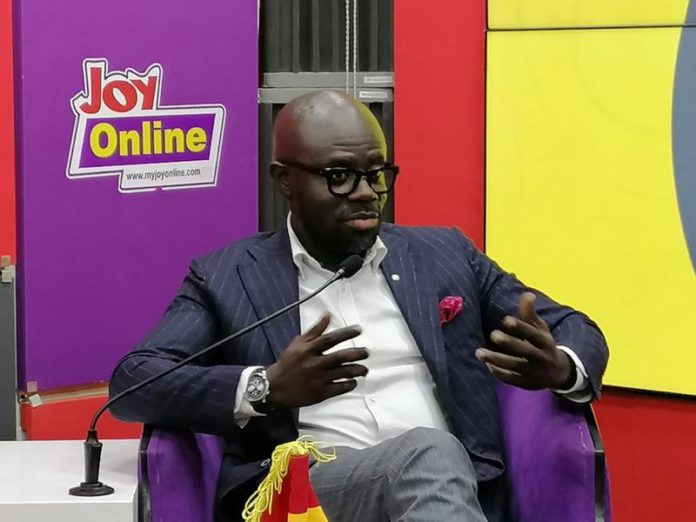Dean of the University of Professional Studies (UPSA) Law School, Prof. Ernest Kofi Abotsi, has suggested that Dr. Kwabena Duffuor, founder of the defunct uniBank, may have been used as a scapegoat in the state’s prosecution of high-profile figures linked to the financial sector collapse.
Speaking on JoyNews’ Newsfile following the Attorney-General’s decision to file a nolle prosequi in the criminal case involving Dr. Duffuor and seven others, Prof. Abotsi said the situation reveals the potential pitfalls of prosecuting individuals without established precedent in similar matters.
“First of all, when a court or an Attorney-General is making decisions on the preference of charges or the determination of guilt of a person, one of the key factors that is considered is the issue of stability, whether or not the offence, the person is a repeated offender, and in this context, whether or not anybody has even been punished in respect of a similar behaviour in the past,” Prof. Abotsi explained.
He continued: “It would seem that there is a sense of scapegoating here, even if this had happened in the past, perhaps there hasn’t been a prosecution, or perhaps there hasn’t been, you know, the state hasn’t chased after this to ensure that there’s a refund. So the accused person involved may perhaps be facing a scapegoating scenario, being scapegoated for the first time to demonstrate the state resolve not to tolerate this move into the future.”
The legal scholar stressed the moral dilemma that confronts prosecutorial decision-making in such novel cases, warning against overly harsh punitive action on an individual in the absence of precedent.
“And for scapegoat purposes, one is confronted with both punishing harshly to make a statement that this shouldn’t happen again, but also one is confronted with the reality that this person is truly the first person being punished. Not only is there no template, but this person, unfortunately, is being used as a scapegoat, so should not unnecessarily be unduly punished.”
He added, “These considerations can pull a decision maker in different directions, and the Attorney-General will have to make a consideration of whether or not the person should not be unduly punished, given the fact that he’s the first person to face similar charges moving forward into the future.
“So I suspect that the AG might have confronted this—the fact that we haven’t had anybody facing the similar punishment in the past, and so we shouldn’t unnecessarily, unjustifiably punish him, or rather subject him to a rather high standard when others might have done this in the past… so the skill goes; in fact, it might have made this money, so that’s one.”
The Attorney-General, through Deputy AG Dr. Justice Srem-Sai, announced the discontinuation of the prosecution on July 22, citing the significant recovery of State funds more than 60% of losses as the key justification for the nolle prosequi.
The case, officially titled The Republic v. Kwabena Duffuor & 7 Others, stemmed from investigations into the collapse of uniBank, which was declared insolvent in 2018 following allegations that shareholders and related parties had misappropriated GHS 5.3 billion in irregular loans and withdrawals.
Dr. Duffuor was accused of receiving over GHS 663 million, allegedly knowing it was the proceeds of a criminal offense.
While the nolle prosequi discharges the accused, it does not amount to acquittal, leaving the possibility of re-prosecution open if new evidence emerges.
The Attorney-General’s office has maintained that the move does not imply an absence of wrongdoing but reflects a “pragmatic step” in line with national interest and the recovery of state assets.
However, Prof. Abotsi’s comments have reignited public debate about consistency in the enforcement of accountability and whether Duffuor’s prosecution represented an attempt to make an example of one individual, rather than a broader, systemic pursuit of justice.
Kenneth Awotwe Darko
ALSO READ:


